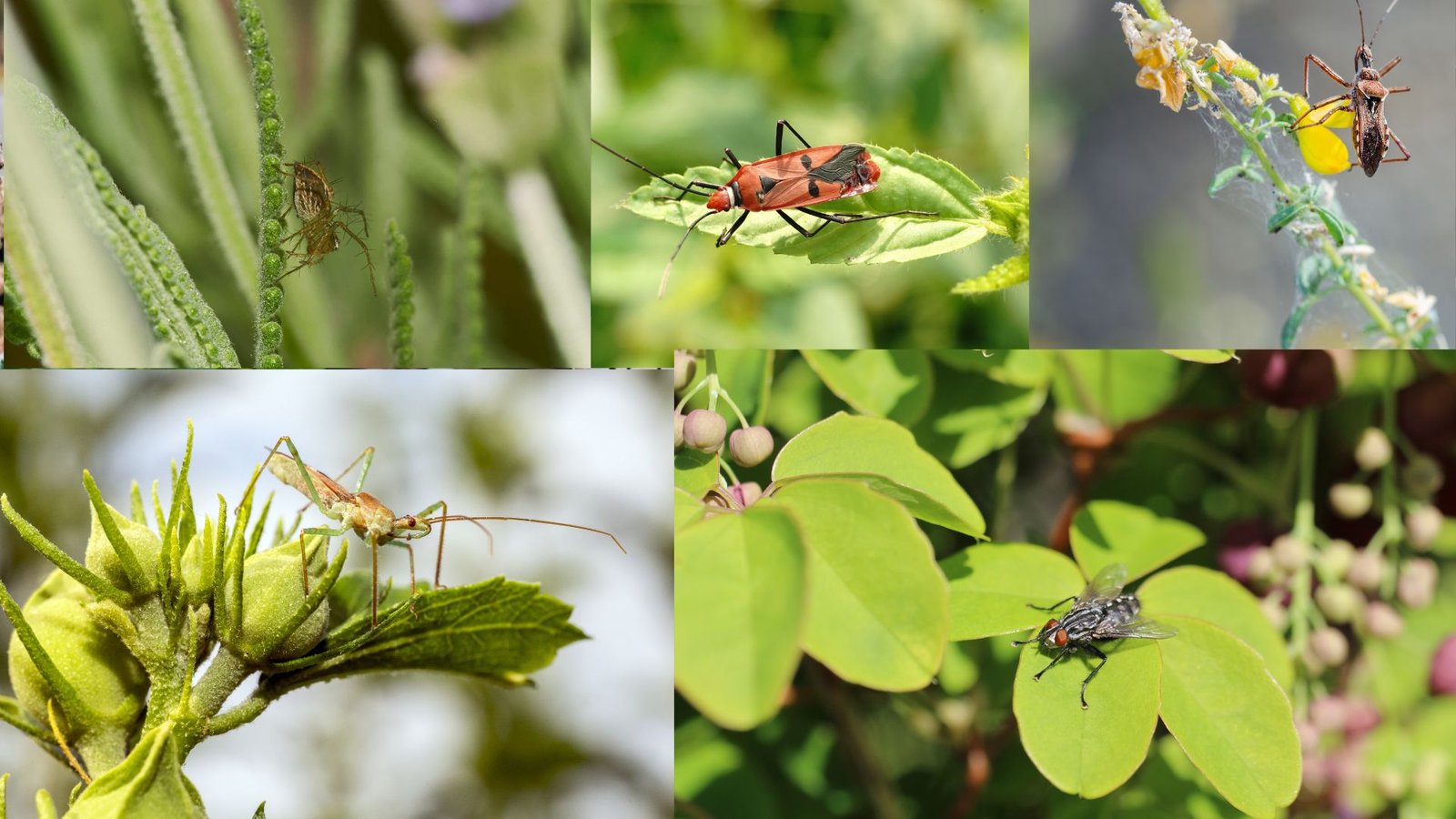Mosquitoes are more than just annoying pests; they can carry harmful diseases, making it essential to find effective ways to keep them at bay. Plants that repel mosquitoes offer a natural solution without the need for harsh chemicals. By incorporating mosquito repellent herbs like lavender and citronella, you can create a mosquito-free garden that not only protects you from bites but also adds beauty and fragrance to your outdoor spaces. These fragrant plants for mosquitoes release natural oils that disrupt mosquitoes’ ability to find their prey. If you’re looking for chemical-free mosquito solutions, growing these plants around your home is an excellent, sustainable choice for mosquito prevention.
1 Natural Mosquito Repellents
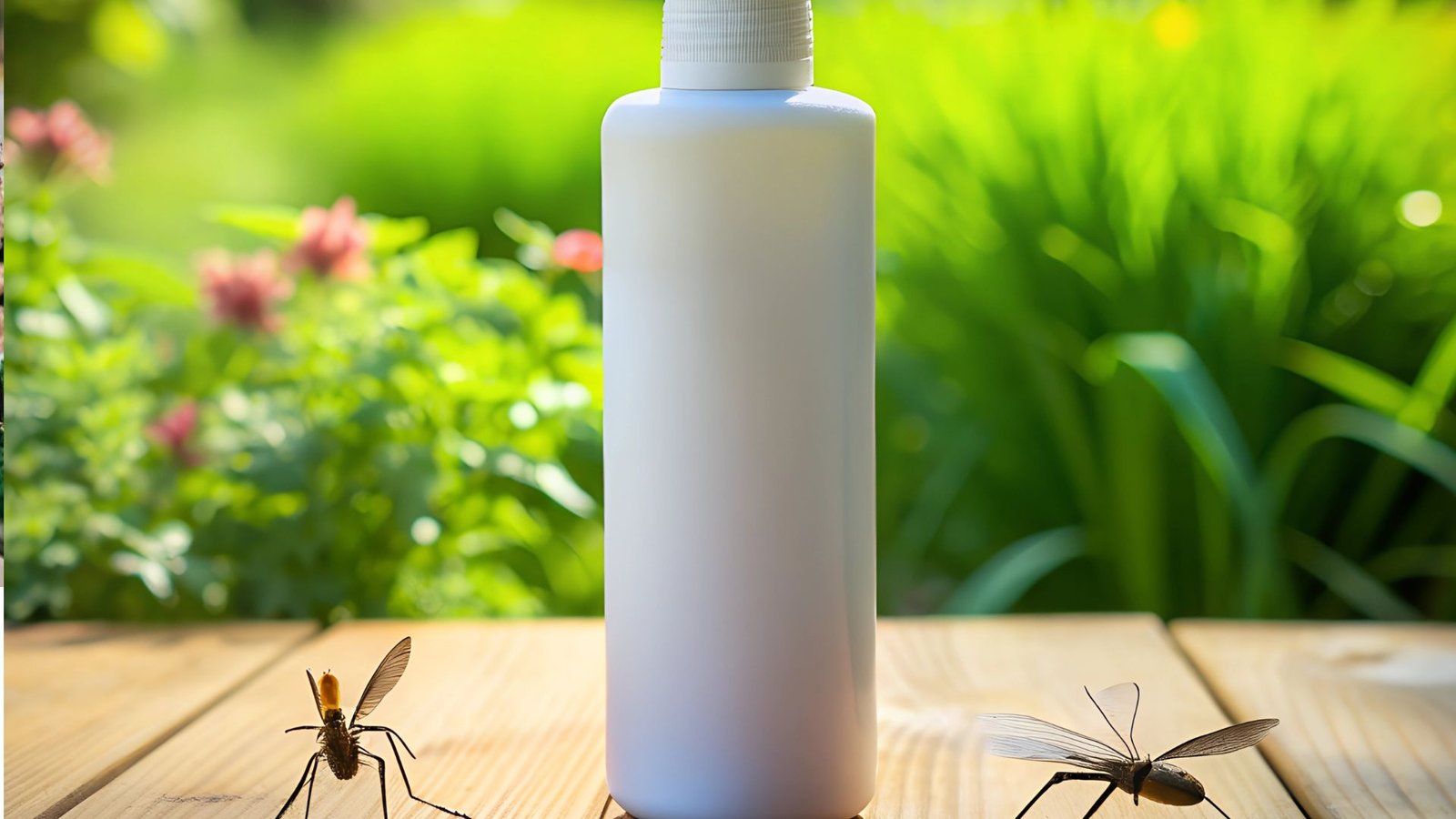
If you live in a warm climate or enjoy spending time outdoors, mosquitoes are a constant concern. Many people turn to chemical mosquito repellents, but these products can be harsh on your skin and the environment. Fortunately, there’s a natural, safer way to keep mosquitoes away: plants.
Natural mosquito repellent plants not only help to keep these pests at bay, but they also add beauty and fragrance to your garden. Growing these plants around your home or patio area can provide homegrown mosquito protection all season long. In this article, we’ll explore how you can use mosquito control plants for a more peaceful outdoor space.
2. Why You Should Consider Using Plants to Repel Mosquitoes
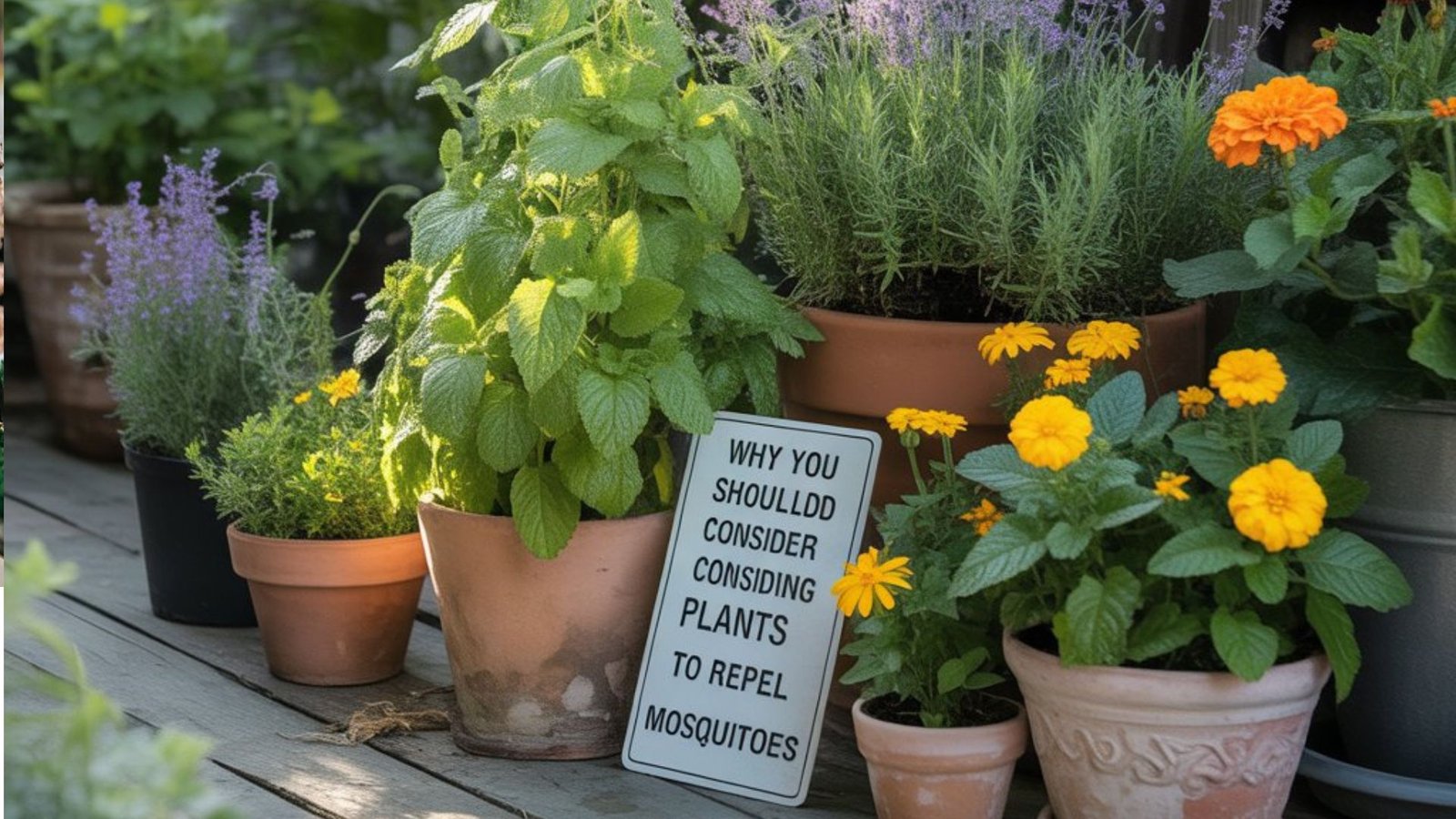
There are several benefits to using plants as outdoor mosquito deterrents. First, they’re chemical-free and much safer for your family and pets than sprays. Second, scented plants for bug control, like lavender and citronella, create a pleasant aroma while naturally repelling mosquitoes. It’s a win-win!
Instead of spraying your yard with toxic chemicals, you can plant fragrant plants for mosquitoes that release essential oils and scents that mosquitoes find repulsive. These plants provide an effective solution for mosquito prevention, and they don’t come with the environmental or health risks associated with traditional repellents.
3. Best Plants That Repel Mosquitoes
When you’re choosing mosquito-repelling flowers and herbs for your garden, you’ll want to pick plants that are easy to grow and highly effective. Some of the best plants for mosquito prevention include lavender, citronella, and marigolds. Lavender, in particular, is known for its strong scent, which can actually block mosquitoes’ ability to smell. Citronella, the most popular mosquito repellent herb, is often used in candles and sprays but works best when grown in the garden.
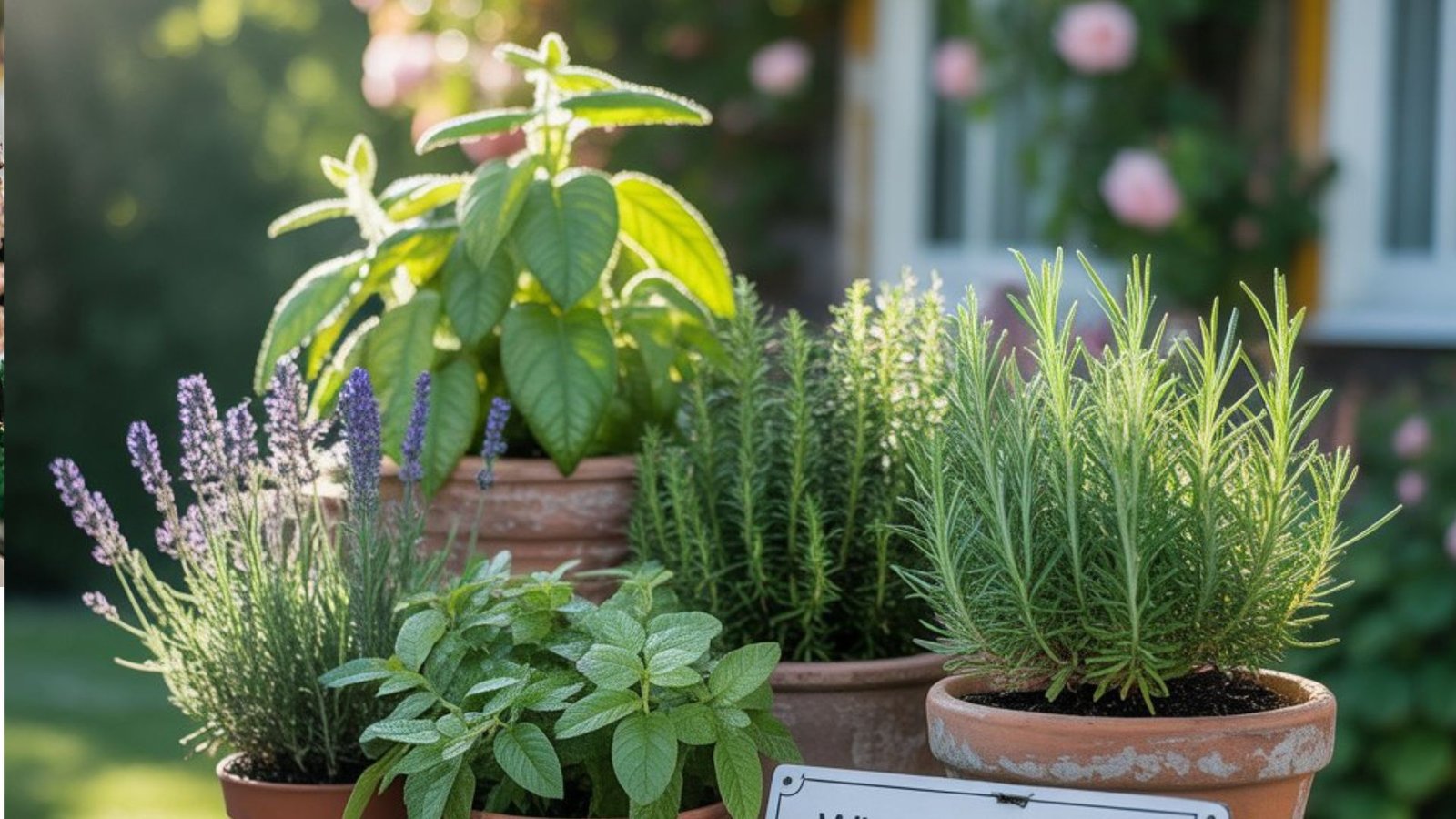
Additionally, plants like catmint, basil, and rosemary make excellent choices for natural mosquito deterrents. These plants release oils and fragrances that mosquitoes dislike. By adding these to your garden, you can enjoy a mosquito-free haven without relying on harsh chemicals.
4. Additional Plants That Help Keep Mosquitoes Away
While lavender and citronella are the most common mosquito repellents, there are several other plants that can help. Mint is an excellent choice because its strong scent drives mosquitoes away. Bee balm also works well, as it releases a fragrant oil that repels mosquitoes and attracts beneficial insects, like bees and butterflies.
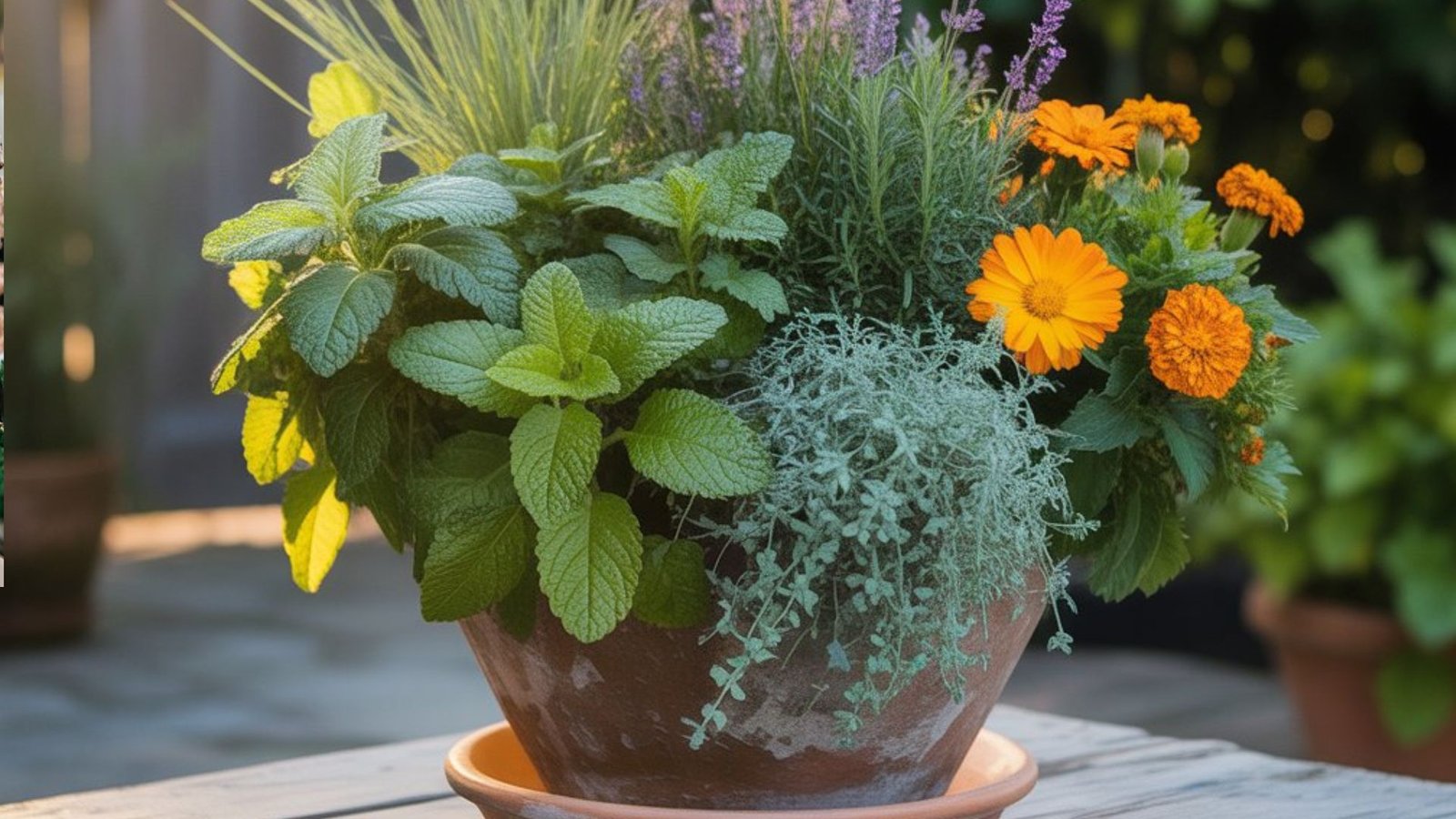
Scented geraniums, especially those with a lemon scent, are another great addition to your garden. These perennial plants that repel mosquitoes are low-maintenance and thrive in containers, making them ideal for patios or balconies. Adding a variety of mosquito control plants to your garden will ensure that mosquitoes stay away from every corner.
5. More Natural Ways to Keep Mosquitoes Away
Aside from mosquito repellent herbs, there are other ways to keep mosquitoes at bay naturally. Essential oils for mosquitoes can be used in diffusers or homemade sprays. Oils like eucalyptus, citronella, and lemon balm are particularly effective.
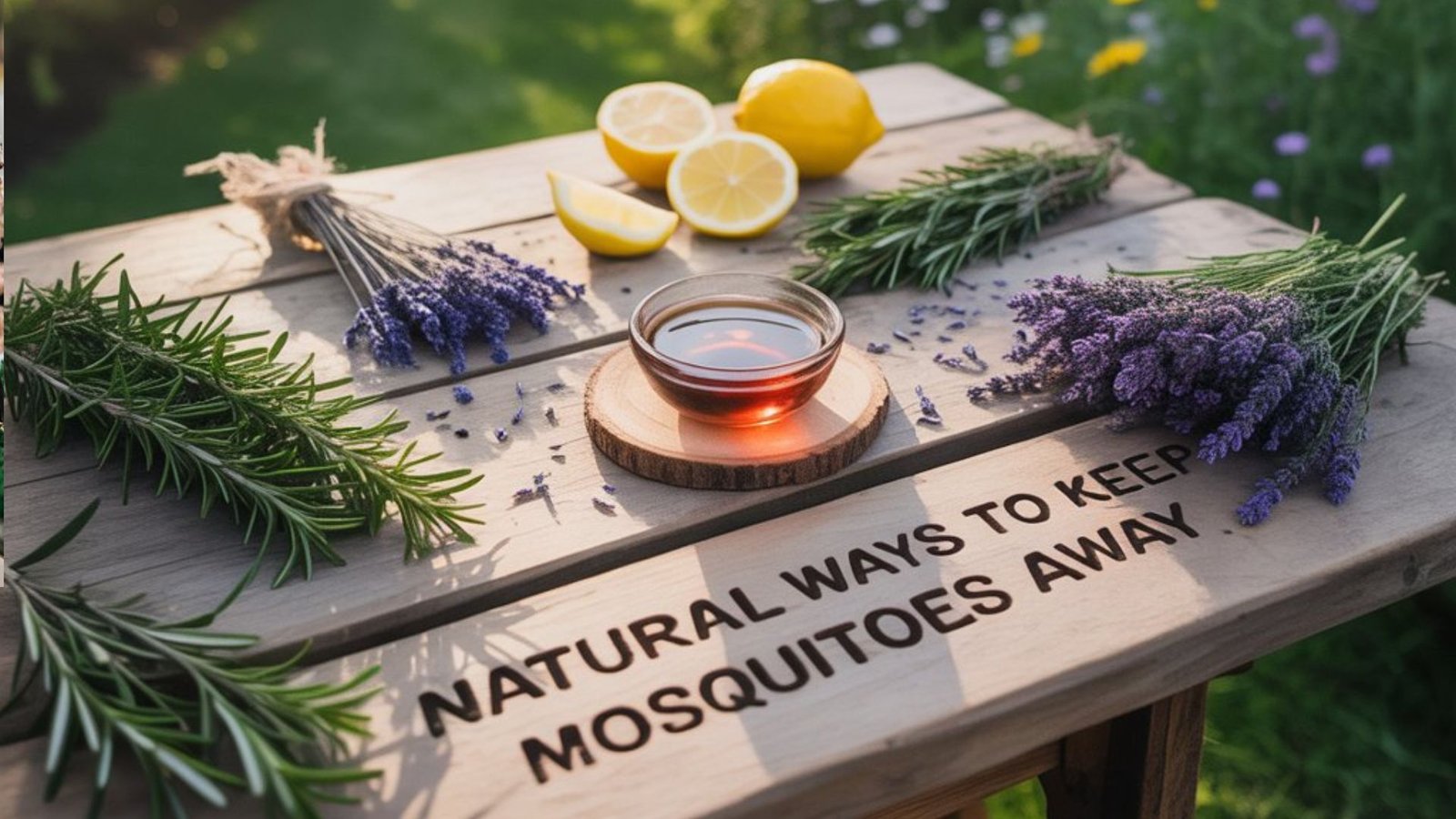
Also, don’t forget to eliminate standing water in your yard, as it’s where mosquitoes breed. Installing mosquito rings in birdbaths or ponds can prevent larvae from hatching. These DIY mosquito control methods, along with growing mosquito repellent plants, can help create a mosquito-free garden without the use of harmful chemicals.
6. How to Grow Mosquito-Repelling Plants Successfully
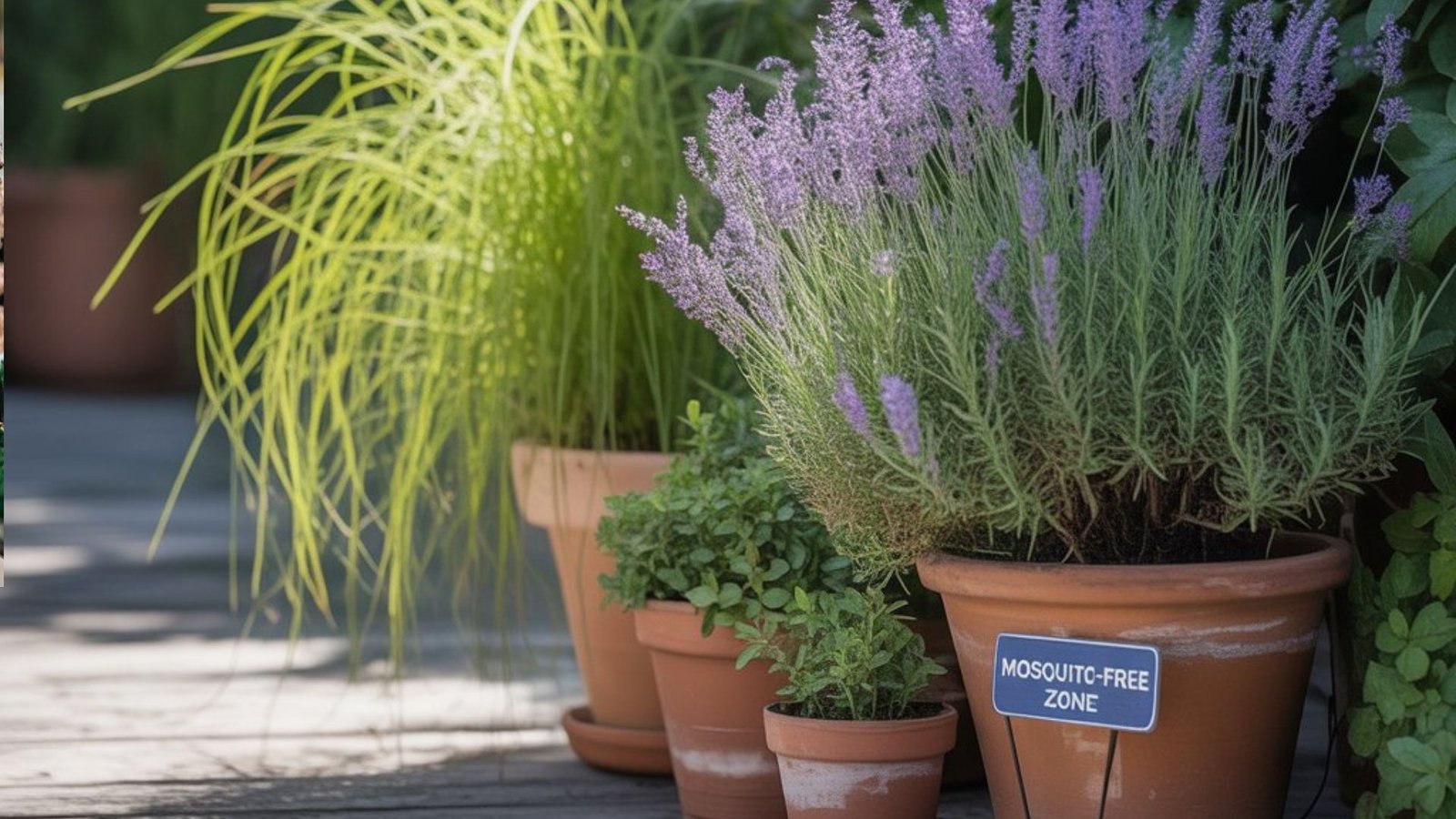
To make sure your mosquito-repelling plants thrive, it’s important to know how to care for them properly. Most of these plants love full sun and well-drained soil. For example, rosemary and basil thrive in warm climates, while catmint and marigolds do well in many different environments.
You should also consider the placement of these plants. Plant them near your seating areas, doors, or windows to keep mosquitoes away from where you spend the most time. By strategically placing mosquito repelling flowers around your home, you can create a natural barrier that mosquitoes won’t want to cross.
7. The Science Behind Mosquito-Repelling Plants
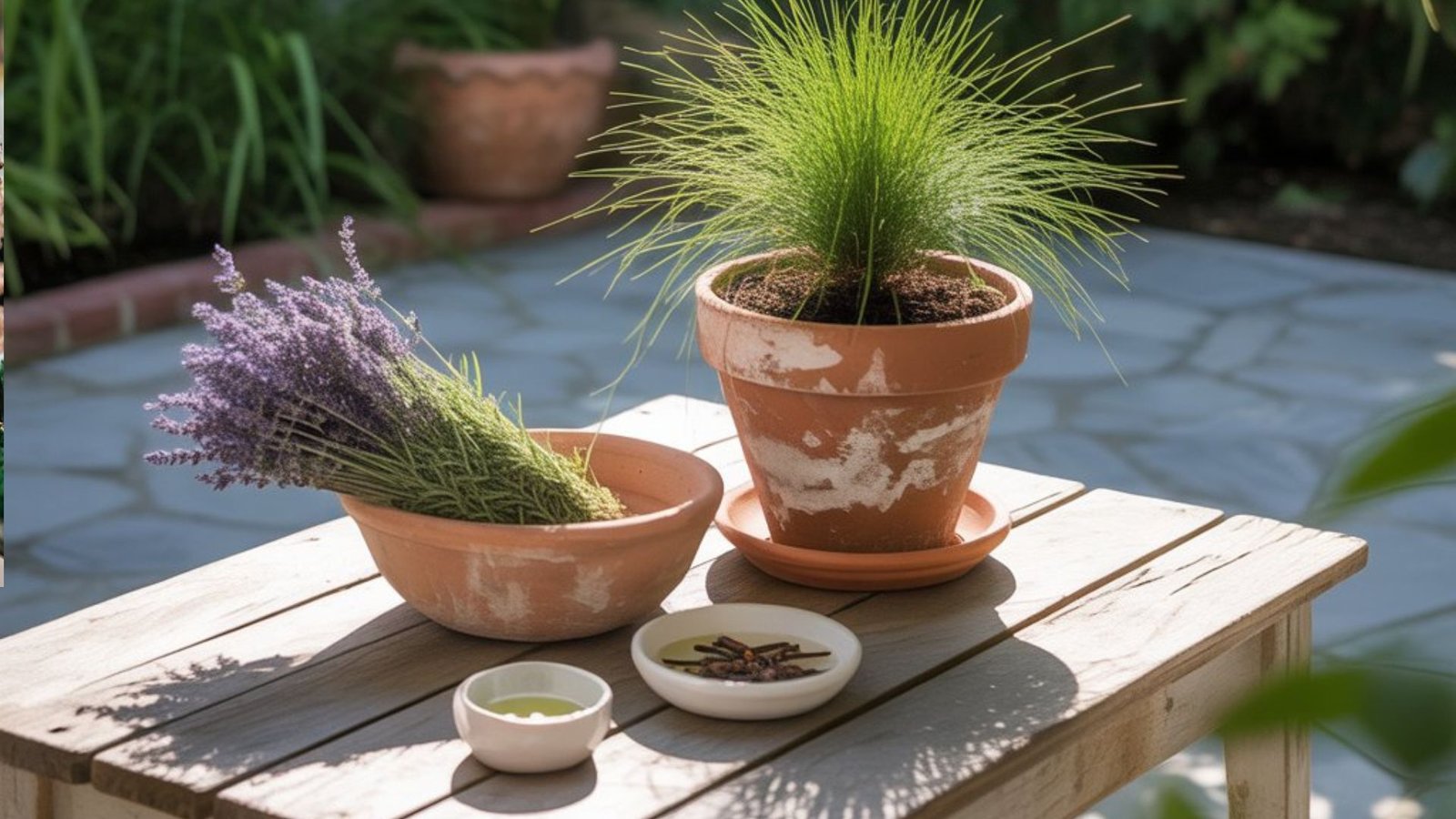
How do these plants actually keep mosquitoes away? It all comes down to the essential oils from mosquito-repelling plants. These oils, like citronella and lavender, contain compounds that disrupt mosquitoes’ sense of smell, making it harder for them to find food sources (your blood!). Mosquito repelling flowers like marigolds release pyrethrum, a natural insecticide that repels mosquitoes and other pests.
In addition, plants like mint and basil contain linalool, an active ingredient that naturally repels mosquitoes. The strong scents from these plants act as natural mosquito repellents, providing a safe, chemical-free mosquito solution for your garden.
8. How to Design a Mosquito-Repelling Garden
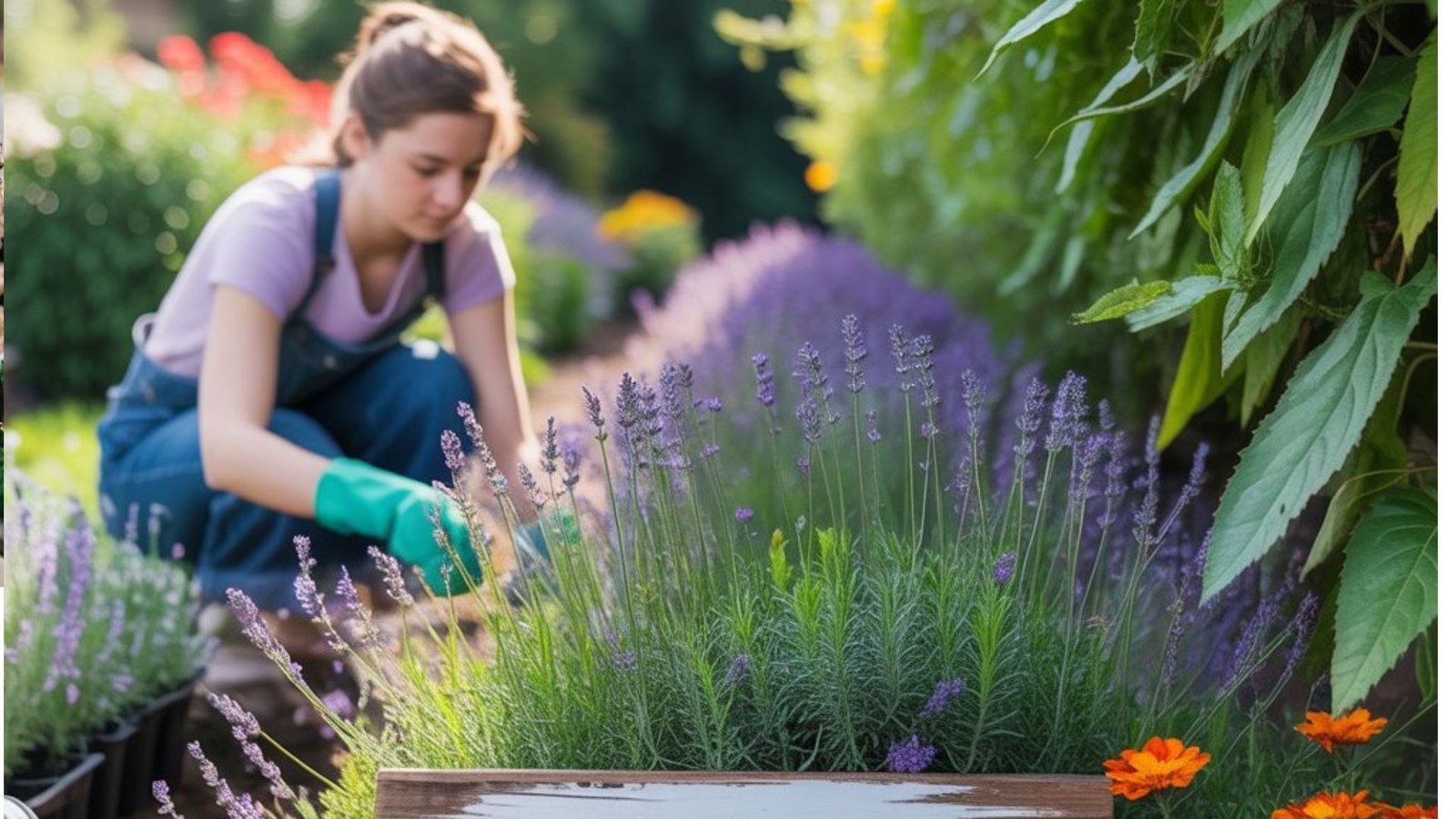
Designing a mosquito-free garden can be both beautiful and functional. Start by choosing a mix of perennial plants that repel mosquitoes like lavender and citronella, and place them near high-traffic areas. Planting these in pots or containers makes them easier to move and maintain.
Incorporate plants that deter pests, such as rosemary, basil, and bee balm, around your garden’s borders. Not only will they repel mosquitoes, but they will also enhance your garden’s aesthetic. Be sure to prune and care for your plants regularly to maximize their effectiveness in keeping mosquitoes away.
9. The Importance of Mosquito Control in Your Backyard
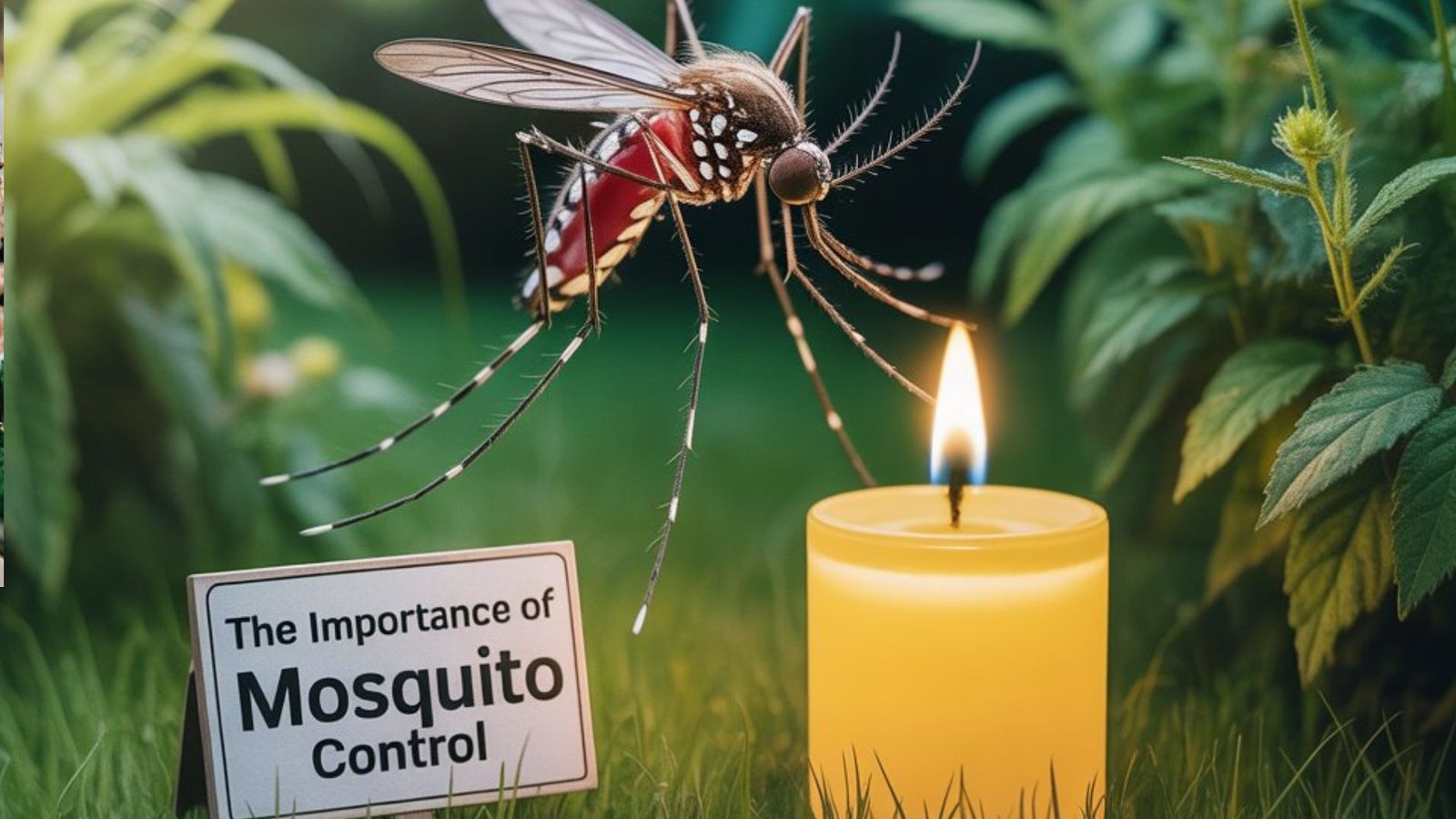
Mosquitoes are not just a nuisance; they can transmit serious diseases, including West Nile Virus and Zika Virus. It’s essential to keep them away from your backyard, especially if you have young children or pets. Mosquito prevention garden tips involve more than just planting the right flowers; it’s about creating a safe, healthy outdoor environment.
Garden plants to keep bugs away will play a crucial role in reducing mosquito populations in your yard. By using mosquito control plants and eliminating standing water, you can significantly reduce the risk of mosquito-borne diseases.
10. Professional Mosquito Control vs. Natural Remedies
While professional mosquito control can be effective, it’s often costly and involves the use of chemical sprays. Natural remedies, like using mosquito-repelling plants, provide a safer, eco-friendly alternative. The beauty of growing your own mosquito repellent garden is that it not only repels mosquitoes but also enhances the overall look of your outdoor space.
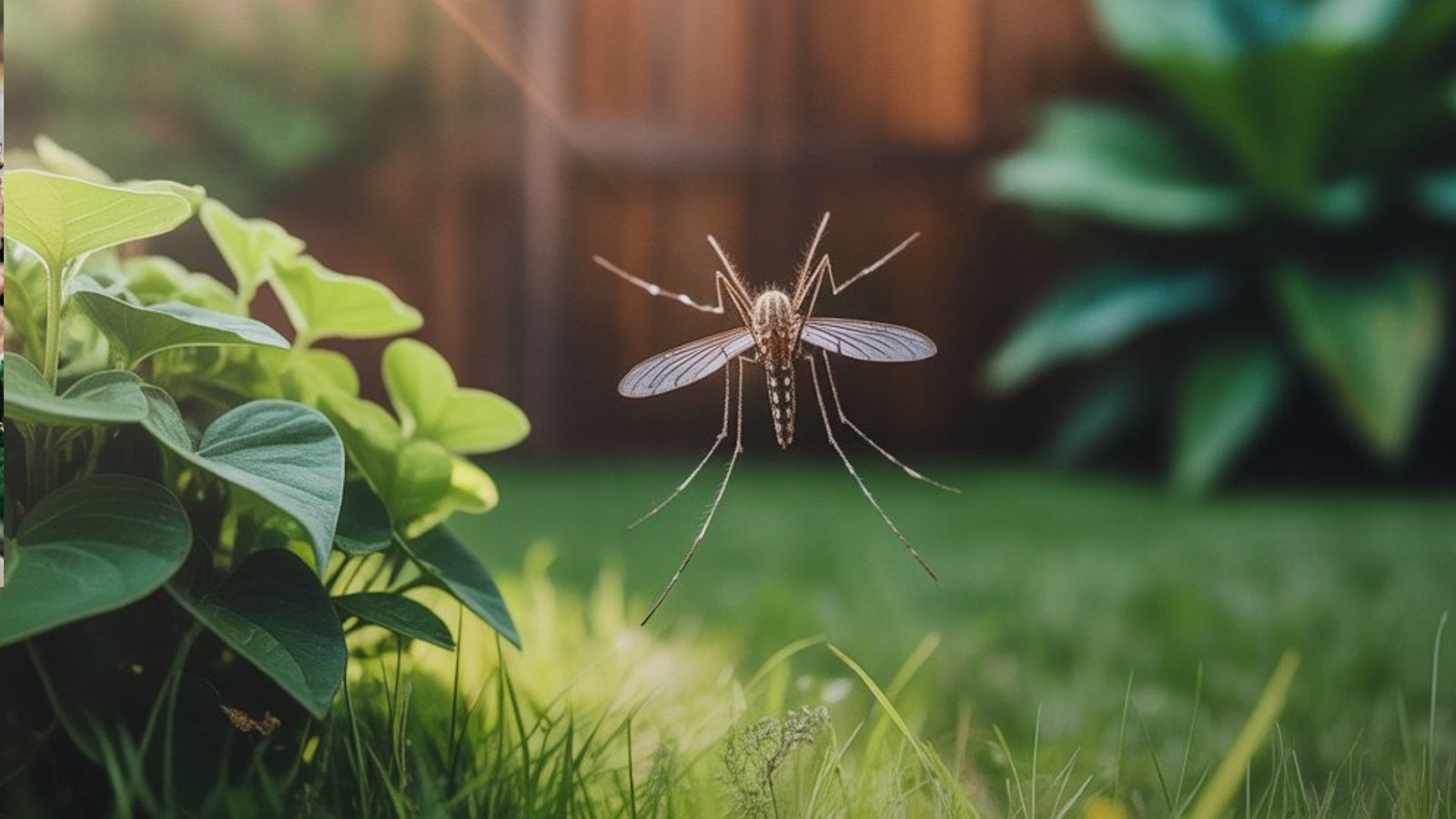
Incorporating essential oils from mosquito-repelling plants and using DIY mosquito control methods can be just as effective as professional treatments without the harmful side effects. If you prefer a chemical-free lifestyle, homegrown mosquito protection is the way to go.
Conclusion: Creating a Mosquito-Free Haven with Plants
Incorporating plants that repel flies and mosquitoes into your garden is a great way to protect your home from these pests. By choosing the best herbs to repel mosquitoes, like lavender, citronella, and basil, and placing them strategically around your yard, you can enjoy a peaceful, mosquito-free environment.
With a combination of mosquito repelling flowers, scented plants for bug control, and natural mosquito repellents, you’ll create a safer, more comfortable outdoor space without the need for harmful chemicals. Take the first step today and start planting your own mosquito prevention garden—it’s easier than you think
FAQs
Q1. What smell do mosquitoes hate?
Mosquitoes hate the smell of certain natural oils, including lavender, citronella, and eucalyptus. These scents are highly effective at repelling them.
Q2. Do coffee grounds keep mosquitoes away?
Yes, coffee grounds can help repel mosquitoes. They contain compounds that mosquitoes find unpleasant and can even prevent larvae from hatching in standing water.
Q3.What did Native Americans use to repel mosquitoes?
Native Americans commonly used plants like sweetgrass and cedar to ward off mosquitoes. The smoke from burning these plants would keep mosquitoes at bay.
Q4. What is the most powerful natural mosquito repellent?
Citronella is widely considered one of the most powerful natural mosquito repellents due to its strong scent, which disrupts mosquitoes’ ability to locate humans.
Q5. How do Mexicans deal with mosquitoes?
In Mexico, people often use citronella, eucalyptus, and lemon balm to keep mosquitoes away. Traditional remedies include burning herbs and using mosquito nets.

